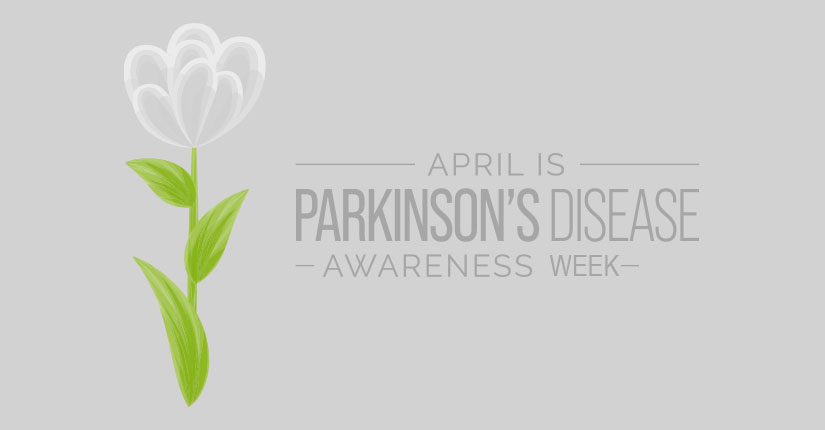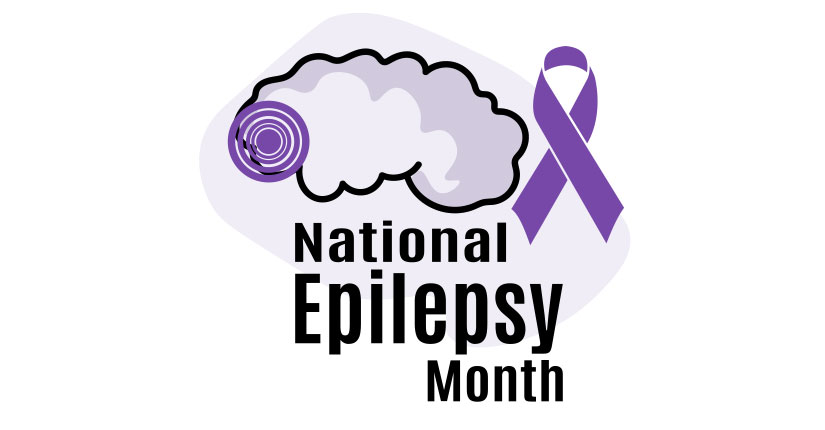Asthma & Immunity: Know What’s The Link?
By Nmami Agarwal 04-May 2022 Reading Time: 4 Mins

Asthma is a condition in which a person’s airways swell and narrow causing difficulty in breathing. Asthma is a condition often characterized by inflammation. This word inflammation is nothing but a reaction of the immune system in response to an invader. These terms might seem incomprehensible at first, but once you read this blog, you will have more clarity about your condition. Besides, there’s no harm in knowing your body a little bit more.
LINK BETWEEN ASTHMA AND IMMUNITY
When our immune system recognizes something harmful, it releases white blood cells that produce a number of molecules known as cytokines into the circulation. These cytokines cause an inflammatory reaction, causing tissues and blood vessels to enlarge, allowing bigger immune cells to reach the infection site. Inflammation is a part of our immunity and is beneficial as without this reaction your body would never be able to mend. As crucial as inflammation is, it can be a sign of worry for those who have asthma where it is executed in a wrong way. Environmental triggers that are not generally harmful cause our immune system to incite a series of reactions (inflammation) in our lungs, specifically bronchi and bronchioles which cause them to narrow (bronchoconstriction), contact them (bronchospasm), and secrete excess mucus, and hence the symptoms.
ALLERGIC ASTHMA
Atopic asthma, by far the most prevalent kind of asthma, affects 80 percent to 90 percent of adults with asthma to some degree. The epithelial cells lining the airways are where asthma symptoms begin in patients with allergies. When airborne allergens, such as pollen, enter the lungs, the immune system activates immune cells in the epithelium, triggering a chain of events known as the allergic cascade. This not only produces allergy symptoms (such as sneezing, watery eyes, runny nose, and itching), but it also encourages the development of an eosinophil, a kind of white blood cell. The build-up of eosinophil in the airways causes inflammation and, as a result, the onset of severe asthma symptoms.
NON-ALLERGIC ASTHMA
Non-allergic asthma is a less common kind of asthma that affects 10% to 30% of people. It is more frequent in adults than in children. Examples include; humid temperature, cold weather, certain drugs, exercises, infections, etc.
Infections, such as respiratory viruses and, to a lesser extent, bacterial and fungal infections of the respiratory tract, are one of the most prevalent causes. Asthma attacks caused by viruses are exceedingly prevalent, affecting around 85% of children and 50% of adults with asthma.
OVER TO YOU
No one can make our misery go away, but the least we can do is accept our condition and get to know it better.




















